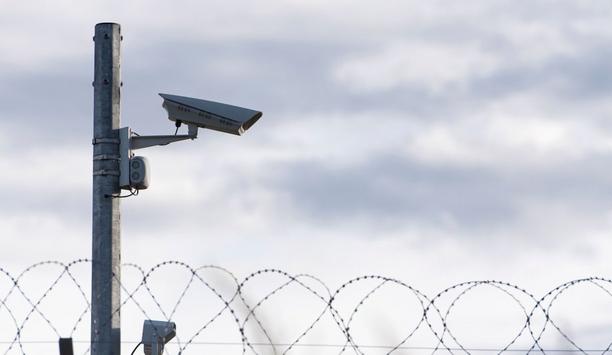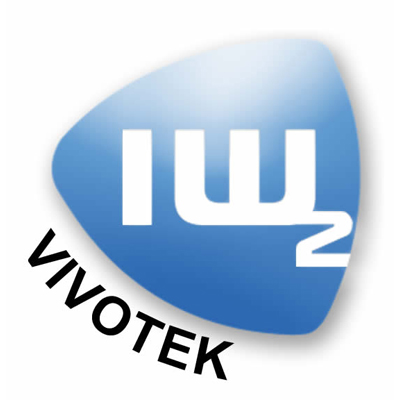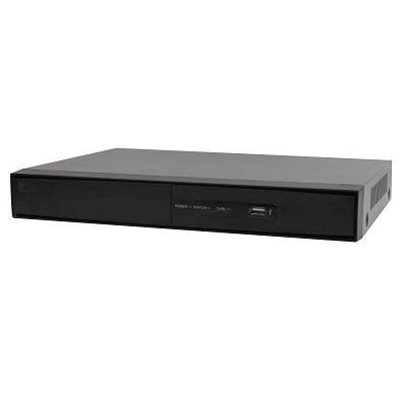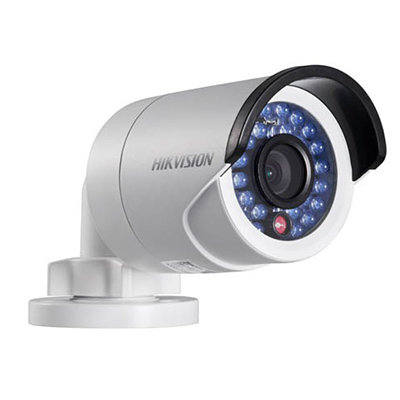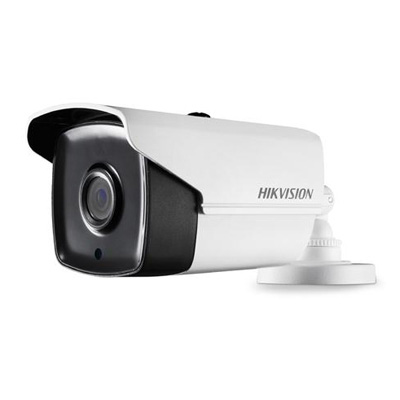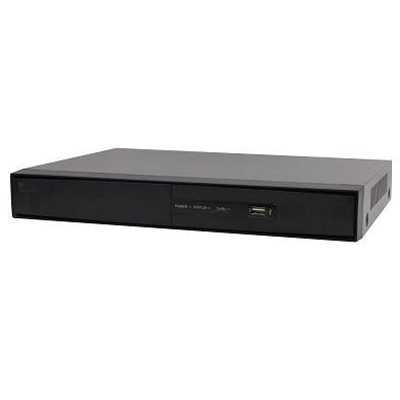Moxa, Inc., a global provider of communications technology for the Industrial Internet of Things, is helping connect PROFIBUS devices with its ICF-1180I and ICF-1280I PROFIBUS-to-Fibre converters, which now feature Class 1 Div 2, IEC Ex, and ATEX certification for deployment in hazardous locations including upstream and downstream petrochemical processing, chemical plants, and other areas where explosive vapors are present.
Paul Wacker, Product Marketing Manager for Moxa explained: "As the world moves towards the Industrial Internet of Things, one of the biggest challenges to overcome is ensuring reliable communications between industrial devices, especially in remote and/or hazardous locations. Moxa is continuing to invest in ways that make it easier for our clients to establish and manage data communications with their devices."
Extend and protect PROFIBUS Connections
PROFIBUS is the world's most widely used fieldbus and especially common in the oil and gas industry. With the newly certified ICF-1180I and ICF-1280I, oil and gas users can now use optical fibre to connect their PROFIBUS devices and controllers in remote or hazardous locations. The industrial-hardened units offer 2 kV isolation protection for the PROFIBUS system and dual power inputs to ensure non-stop communications.
Rated for operation in environments ranging from -40 to 75°C, both units are capable of distances up to 4 km (2.5 miles) on multi-mode fibre, or up to 45 km (28 miles) on single-mode fiber in both ordinary and hazardous applications, a first for the industry. The ICF-1180I extends connections over a single optical fibre port, whereas the ICF-1280I extends connections over two optical fiber ports that can be arranged in a redundant ring for extremely high communications reliability.
Detects device malfunctions
In addition to hazardous area certification, the ICF-1180I and ICF-1280I offer protection from bus faults. Conventional media converters can let the faults pass through the fiber, leading to communication ceasing across the entire system. With the entire network is down, it is extremely difficult for the engineer to locate the failed device.
To eliminate this costly problem, the ICF-1180I and ICF-1280I work transparently to detect and recognize bus faults. If the bus fails on one side, the issue will not propagate through the ICF units and affect additional bus segments. In addition, the ICF units will also trigger an alarm notification to the field engineer on the location of the failure so that it can be quickly replaced with minimal downtime.





